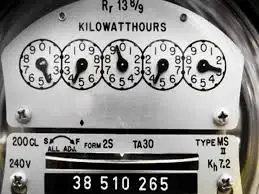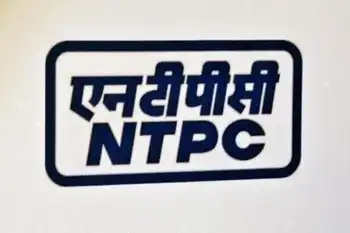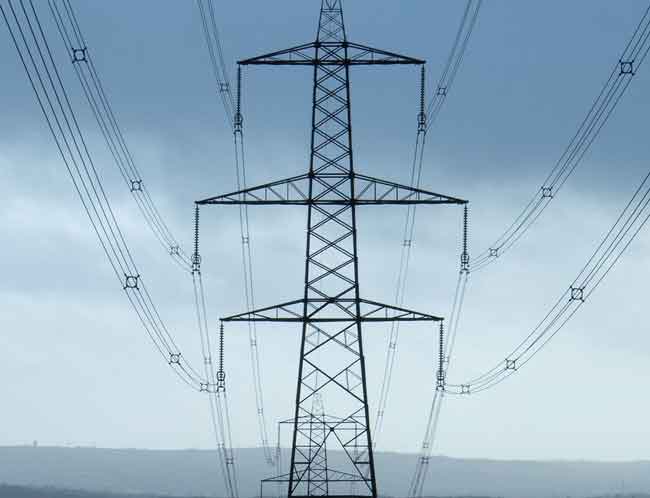Fresh answers for reliability woes
COLUMBUS, OHIO - At a time when consumer groups are banding together to seek help from the State of Ohio to improve electric utility restoration performance, one Columbus, Ohio company has developed technology that is offering new answers to this old problem.
“Our technology identifies failing overhead line equipment before the power outage occurs,” John Lauletta, President of Exacter, Inc., says. “With the information we provide, utilities can take preemptive action on specific failing components to avoid power outages.”
The Exacter Outage-Avoidance System enables electric utilities to achieve pole and line quality surveys accurately and quickly — literally at 20–65 mph. The Exacter system takes readings from a moving vehicle. “Our technology gives utilities a new ability to inspect large geographic areas, 10 to 20 times faster than manual methods, with an accuracy rate of 97.8%. On top of that astounding accuracy rate, our system uses less manpower and internal resources,” declares Lauletta.
According to the Department of EnergyÂ’s most recent study in 2003, 31% of all power outages (1.8 million annually in the U.S.) are caused by the overhead line equipment failure that Exacter identifies.
“This 31% piece of the power outage problem represents the biggest opportunity for utilities to make reliability improvements because until now, random equipment failure outages have been classified as unavoidable by most utilities,” Lauletta says. “We now have two years of field data that proves otherwise.”
LaulettaÂ’s company, Exacter, Inc., began two years ago, and since that time has physically surveyed more than 50,000 miles of overhead line for more than 80 utilities across North America.
“At first, utilities were naturally skeptical of a new technology that claimed it could find failing equipment that was invisible to the naked eye,” says Geoffrey Bibo, Exacter vice president. “But when they climb the pole and check out the components we’ve identified, they find that our system really locates the problems.”
Exacter’s technology involves an advanced analytics program that works with the technology to filter out “false positives” or problems that appear to be, but really aren’t, problems. “The 97.8% is exciting,” Bibo says.
“When Exacter identifies a component as failing, when physically investigated on the pole, that component really is failing. The more data we gather in the field, the more confidence utilities are having in our system. Utilities really don’t question whether our system works anymore.”
This seems to be true because 70 of ExacterÂ’s 80 customers have deployed the technology in just the last 10 months.
Related News

Opinion: With deregulated electricity, no need to subsidize nuclear power
PITTSBURG - For decades, the government regulation of Pennsylvania's electricity markets dictated all aspects of power generation resources in the state, thus restricting market-driven prices for consumers and hindering new power plant development and investment.
Deregulation has enabled competitive markets to drive energy prices downward, which has transformed Pennsylvania from a higher-electricity-cost state to one with prices below the national average.
Recently, the economic advantage of abundant low-cost natural gas has spurred an influx of billions of dollars of private capital investment and thousands of jobs to construct environmentally responsible natural gas power generation facilities throughout the commonwealth — including our three…




